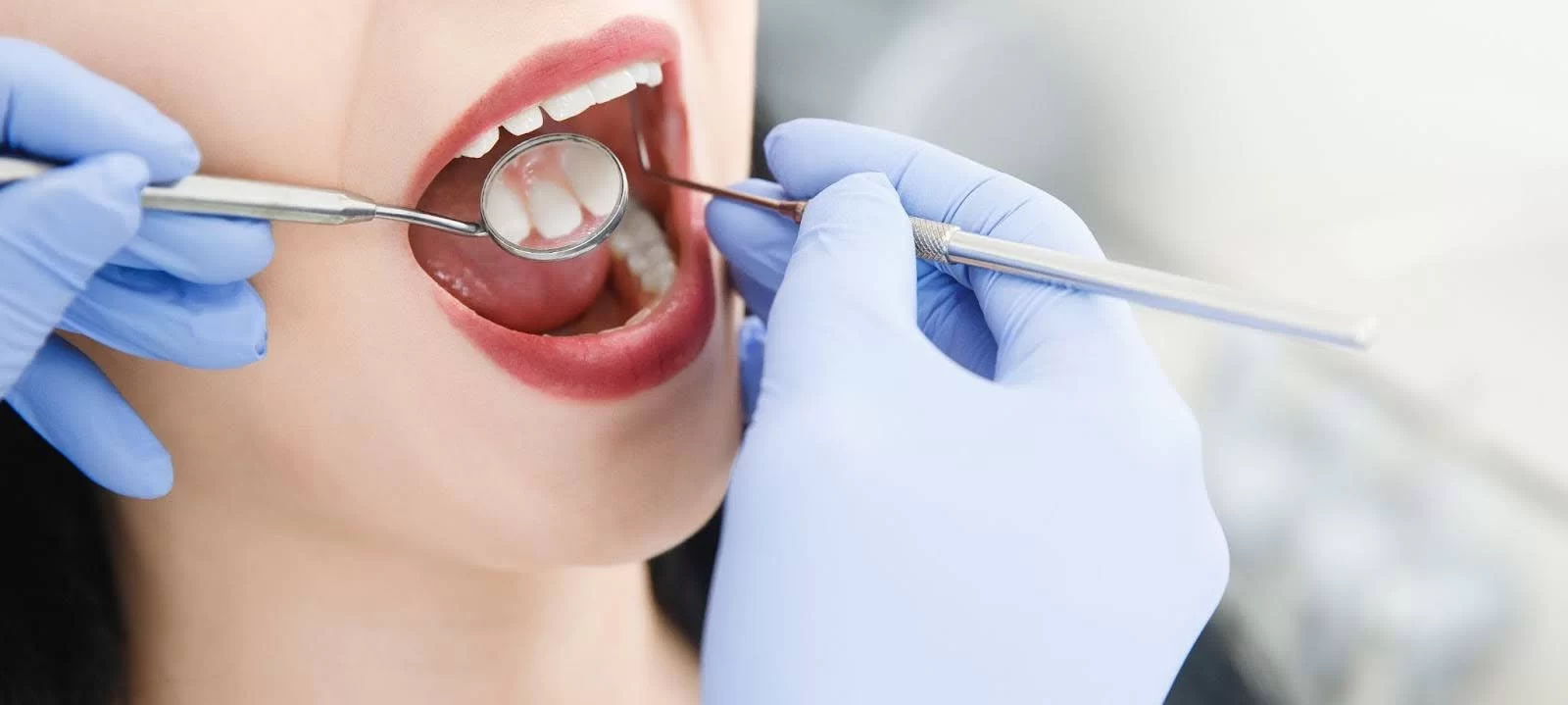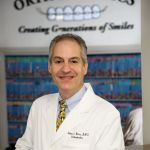
The Role of Your Dentist in Preventing Oral Diseases
- 1. Importance of Regular Dental Checkups
- 2. Dentists and Early Disease Detection
- 3. Professional Cleaning and Maintenance
- 4. Advice on Oral Hygiene and Lifestyle
- 5. Protecting Against Oral Diseases with Advanced Technology
- 6. How to Choose the Right Dentist for Prevention
- 7. Conclusion and Next Steps
1. Importance of Regular Dental Checkups
Visiting your dentist regularly is one of the most effective ways to prevent oral diseases. Early detection of potential issues like cavities, gum disease, or even oral cancer can save you from serious health complications later on. A routine checkup every 6-12 months allows your dentist to monitor your oral health and make necessary adjustments to your care plan.
For example, Sarah had been skipping her dental visits for years, thinking her teeth were fine. However, when she finally visited her dentist after noticing slight bleeding when brushing, the dentist quickly detected early-stage gum disease. With immediate treatment, Sarah avoided more severe problems and preserved her oral health.
2. Dentists and Early Disease Detection
One of the key roles of a dentist in preventing oral diseases is early diagnosis. Dentists are trained to spot warning signs of conditions that might otherwise go unnoticed. These can include small cavities, signs of gum disease, or even oral cancer, all of which can be addressed more easily in the early stages.
A great example is the case of John, who thought his sensitivity to hot and cold was just a normal sign of aging. His dentist, however, identified the issue as early-stage tooth decay and was able to treat it before it progressed into a painful and expensive root canal procedure.
3. Professional Cleaning and Maintenance
Even with diligent at-home brushing and flossing, it’s hard to remove all plaque and tartar buildup. Regular professional cleanings by your dentist help prevent these deposits from turning into more serious issues, like gum disease or tooth loss. Your dentist has specialized tools to clean areas you can’t reach, ensuring that your teeth and gums stay healthy.
For example, after a routine cleaning, Lisa noticed that her teeth felt much smoother, and her gums weren’t bleeding as much while brushing. The cleaning removed the tartar buildup that had been contributing to her gum sensitivity.
4. Advice on Oral Hygiene and Lifestyle
Your dentist isn’t just there to treat problems—they are a valuable resource for preventative advice. From brushing techniques to lifestyle choices that impact oral health (such as diet, smoking, and alcohol consumption), a dentist can provide tailored recommendations for maintaining good oral hygiene.
For example, Dr. Smith often advises her patients to reduce sugary snack intake to prevent cavities and recommend fluoride toothpaste for added protection. She also emphasizes how regular hydration can improve saliva production, which naturally helps fight bacteria in the mouth.
5. Protecting Against Oral Diseases with Advanced Technology
Today’s dentists have access to advanced technologies that make diagnosing and preventing oral diseases even more effective. Digital X-rays, for instance, allow your dentist to detect issues beneath the surface of your teeth, such as cavities between teeth or bone loss due to gum disease. Laser treatments are another way to provide less invasive procedures that can prevent further damage.
Consider how innovative tools like these helped Steve, who had been experiencing persistent gum inflammation. Thanks to the use of a laser treatment, his dentist was able to clear out bacteria beneath the gumline, preventing more serious infection and tooth loss.
6. How to Choose the Right Dentist for Prevention
Choosing a dentist who prioritizes preventive care is essential to maintaining your oral health. Look for someone who not only provides great treatment but also emphasizes education, regular checkups, and lifestyle guidance. It’s important to feel comfortable with your dentist, as this will encourage you to stay consistent with your visits.
If you’re unsure where to start, you can visit Dentistry Toothtruth at Dentistry Toothtruth to learn more about preventative dental care and to schedule an appointment with a professional who will work with you to protect your smile.
7. Conclusion and Next Steps
Your dentist plays a crucial role in preventing oral diseases through regular checkups, professional cleaning, early disease detection, and personalized advice. By following their guidance, you can maintain optimal oral health and avoid more serious problems down the road. Don’t wait for a dental emergency—schedule your next checkup today.
To take the next step towards better oral health, visit Dentistry Toothtruth to find out more about how your dentist can help you prevent oral diseases and maintain a healthy smile.







 Aspen Dental - Springfield, MO4.0 (563 review)
Aspen Dental - Springfield, MO4.0 (563 review) John J. Roche Orthodontics5.0 (21 review)
John J. Roche Orthodontics5.0 (21 review) Brick Dental Studio4.0 (101 review)
Brick Dental Studio4.0 (101 review) Oral Sleep Appliances, LLC0.0 (0 review)
Oral Sleep Appliances, LLC0.0 (0 review) Main Street Dental Center City: Dr. Richard Eidelson4.0 (119 review)
Main Street Dental Center City: Dr. Richard Eidelson4.0 (119 review) Dr. Hamish Carpenter, DDS5.0 (3 review)
Dr. Hamish Carpenter, DDS5.0 (3 review) The Importance of Oral Health Education During Pregnancy for a Healthy Pregnancy
The Importance of Oral Health Education During Pregnancy for a Healthy Pregnancy Best Tips for Brushing Your Teeth Properly for Healthy Gums: Essential Techniques for Oral Health
Best Tips for Brushing Your Teeth Properly for Healthy Gums: Essential Techniques for Oral Health Why Skipping Dental Checkups Can Lead to Bigger Oral Health Problems
Why Skipping Dental Checkups Can Lead to Bigger Oral Health Problems Advantages of Porcelain Dental Restorations
Advantages of Porcelain Dental Restorations How Can Diabetes Cause Tooth and Gum Problems? Preventing and Managing Oral Health Issues
How Can Diabetes Cause Tooth and Gum Problems? Preventing and Managing Oral Health Issues Healthy Habits for Promoting Good Oral Health and Hygiene: Tips for a Healthy Smile
Healthy Habits for Promoting Good Oral Health and Hygiene: Tips for a Healthy Smile